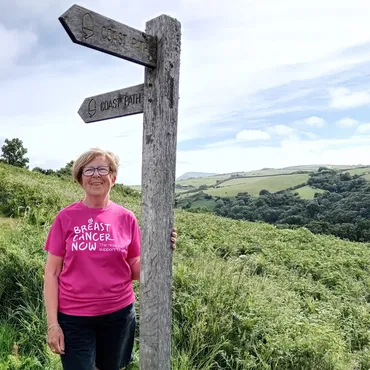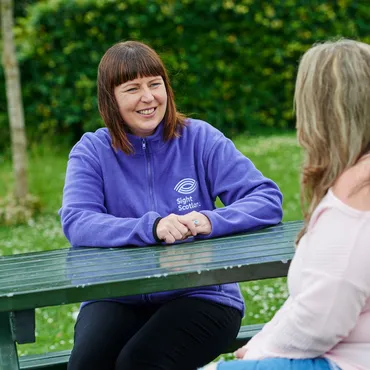Integrated digital marketing to recruit participants for MQ’s new research tool
In 2019, we launched MQ's "Participate" with a digital campaign across Facebook and Google, focusing on targeted ads. Our two-phase strategy exceeded targets, achieving 106% of our participant session goal and reducing CPA significantly.

MQ

The outcomes
- 2,301 Research applications
- 2,202 Email newsletter signups
- £3.76 CPA (cost-per-acquisition)
The brief
Raising awareness of major new service, Participate
MQ is the UK’s leading mental health research charity and at the end of 2019 we worked together to build a major new service, Participate, aimed at connecting mental health researchers with people who are interested in participating in research studies. Post launch we were tasked with raising awareness of the tool and recruiting participants to take part via an integrated digital marketing campaign.
The strategy
A two-phased approach
We ran two phases of activity on Facebook, paid Google Ads and Microsoft (formerly Bing) Ads, pausing after phase one to review and optimise our first set of results. On Facebook, we targeted three audiences:
- Warm audiences - users who had visited the MQ website in the past 180 days. As with any retargeting we do with our charities, we were extremely careful with how we targeted previous website users. In this case, we excluded anyone who had visited any URL containing ‘urgent-help’ to ensure they were not shown any ads.
- Lookalike audiences - audiences identified by Facebook as being similar to our Warm audience.
- Cold audiences - users who had identified themselves as being interested in specific charities relating to the research work MQ supported. We based these interests on research using Facebook’s Audience Insights tool which revealed affinities between people connected to the MQ Facebook and other Facebook pages.
We focused the majority of our budget on Facebook ads after noticing much larger audience sizes than on the PPC channels we had selected. This was the right decision—we saw a significantly lower cost-per-acquisition (CPA) on Facebook.
To allow us more time to optimise and analyse, we used Facebook’s ‘dynamic creative’ format which shows up to 10 images and up to 5 ad texts, headlines, and link descriptions in different combinations. We tested images featuring real people vs. “research in action” imagery to see what worked best, and we A/B tested different ad copy and call-to-actions (CTAs).

Pay-per-click (PPC) targeting focused on users searching for terms around “medical trials” and “clinical trials”, as well as more specific search queries around “mental health medical trials” and “autism clinical trials”. Our bid strategies focused on Google’s suite of automation strategies—we quickly accrued enough conversion data meaning we could make full use of the Target CPA and Maximise Conversions bid strategies to improve efficiency, save time, and reallocate budget and resource elsewhere.
We trialled a mixture of responsive search ads (RSAs) and expanded text ads (ETAs) to understand what worked best with users. This allowed us to blend automation with manual ad creation, ensuring we were giving some creative control to Google, while also allowing our expertise to come to the fore.

PPC focused on users searching for terms around “medical trials” and “clinical trials”
The results
Results significantly exceeded targets set
Not only did we meet 106% of our target sessions, we also delivered research applications and newsletter signups (a far more important conversion than simple traffic) in the thousands.
Crucially, our decision to pause after phase one and review performance before launching our second wave of ads was a good decision: although the second phase ran for just 10 days (compared to 29 days for the first), we generated more than half the number of conversions of the first phase at a CPA that was £2.43 lower than the first phase. This can be attributed to the changes and optimisations we made during the first phase of the campaign, which allowed us to launch phase 2 of the campaign using audiences and ad creative that were already highly-optimised for conversion.
Our automated bid strategies on PPC delivered lower CPAs and double the number of conversions compared to manual bid strategies. We saw very little difference in conversion rate between Google and Microsoft (Bing) ads, although as usual, the volume of searches on the former search engine eclipsed the latter.
Our job was to deliver converting traffic to a newly launched tool for MQ that had no brand awareness and was relatively untested as a platform. That’s what we did. Along the way, we found a good balance between automation and manual processes, and we A/B tested image, text creatives and CTAs throughout. Our phased approach to the campaign allowed us to pause, reflect, optimise and build on our own results to deliver some really impressive figures. We’re excited to continue working with MQ to refine and improve on the results over the coming year.



